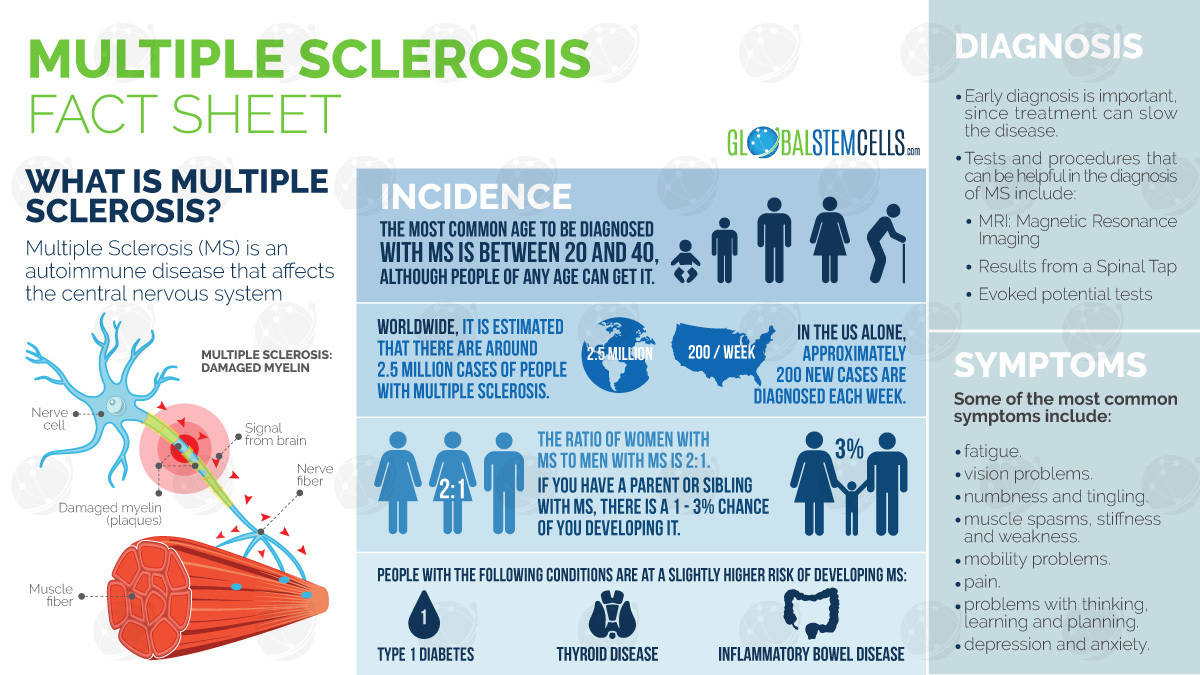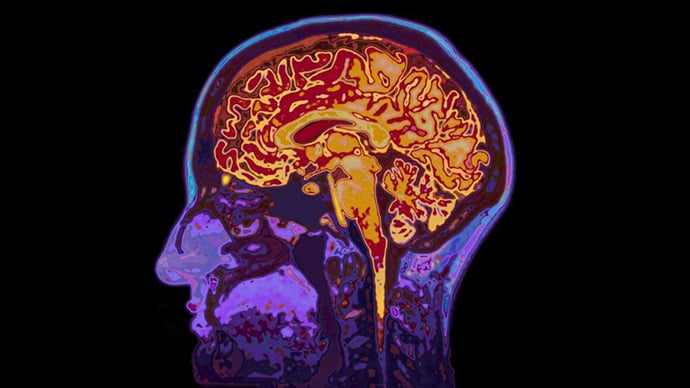In a new development, a ground-breaking Multiple Sclerosis treatment could halt the onset of disease by 5 years. Multiple Sclerosis (MS) is a disease that is the direct result of a malfunctioning nervous system and which attacks nerves in the brain and spinal cord. Certain medications have been beneficial in slowing down the progression of the disease although a definitive cure remains elusive. Problems of balance, arm and leg movement, vision disorders and fatigue are some of the difficulties that an MS sufferer must bear on a daily basis.
Promising Multiple Sclerosis Research
A recent study by Imperial College London has shown that a type of treatment that resets the immune system stopped the progression of the disease in 46% of its patients. In effect the symptoms of the disease were ‘frozen’ for that length of time. This treatment, known as Autologous Hematopoietic Stem Cell Transplantation (AHSCT) was administered to patients with advanced Multiple Sclerosis and who had failed to respond to other medications. Some patients are said to have reported a slight improvement in their symptoms.
This is a one-off treatment whose goal is to prevent the immune system from attacking the nerve cells. The premise of this treatment is simple: all immune system cells originate from stem cells in the bone marrow. A drug that encourages stem cells to move from the bone marrow into the bloodstream is administered to the MS patient. These cells are then removed from the human body. High-dose chemotherapy is then administered killing all remaining immune cells. The stem cells which had been removed are then reintroduced into the human body to rebuild the immune system. This ‘resetting’ of the immune system stops it from attacking the nerve cells.
This treatment has one drawback and that is, as has been mentioned, it involves aggressive chemotherapy. The researchers are quick to admit that it carries significant risk since it deactivates the immune system albeit for a short period. This action may expose the elderly and those with acute forms of the disease to infection and the risk of death. The number of years that the treatment prevented symptoms from worsening was found to exceed those that would be expected of untreated patients with severe forms of relapsing MS. Relapsing MS refers to MS which displays an ebb-and-flow effect to the symptoms which are sometimes very pronounced and at times become quite muted. Patients with relapsing MS recorded a slight improvement one year after the treatment while patients with progressive MS reported a slightly lower improvement after the same period.
Symptoms of Multiple Sclerosis
One should familiarise oneself with the early symptoms of the multiple sclerosis in order to seek appropriate medical intervention early.

Before MS reaches an advanced stage the management of the symptoms and treatment of the disease need not be such a risky affair. Supportive therapies and remedies for MS patients may include Acupuncture and Aquatic Therapy, Physiotherapy Treatment, Occupational Therapy and Transcranial Magnetic Stimulation. Special Diet plans and Consultations are also used to bolster the patient’s treatment.




 English
English